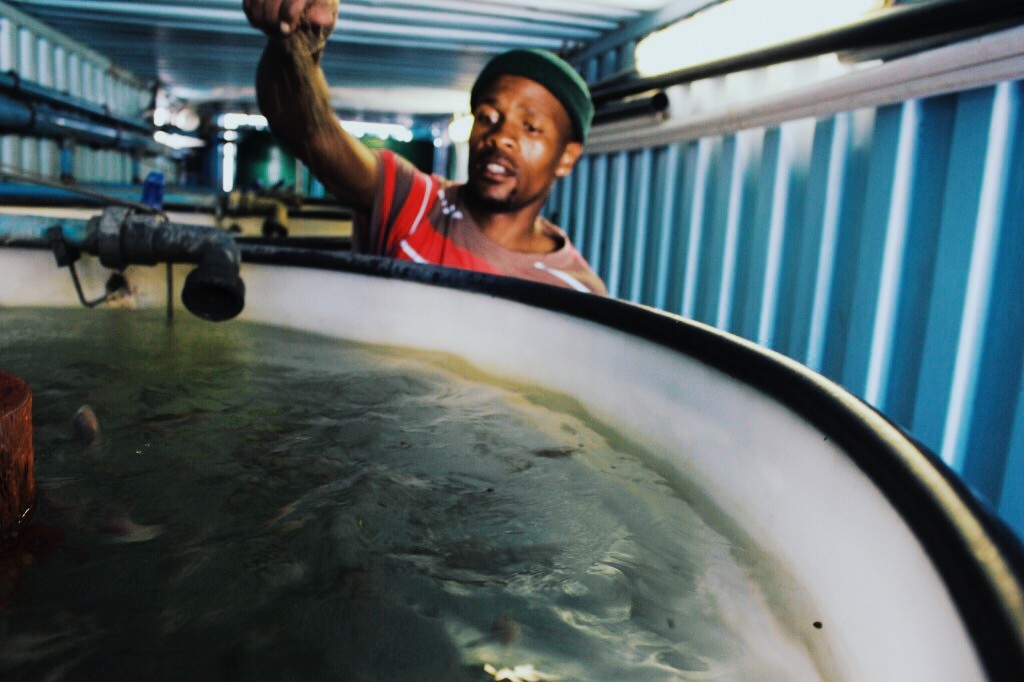When you hear the word ‘entrepreneurship’, some might see images of complicated business models, suit-clad business men furiously looking over pages of numbers, or, sadly, maybe you horrifyingly imagine the blonde swoop of Donald Trumps hair as he screams “You’re Fired!”. For others, entrepreneurship has less to do with dreams of Wall Street or making ‘big money’, rather, it has a much more meaningful and intricate meaning. A meaning that reflects back onto society, that helps small business and small communities grow alongside each other, where all benefit from the gains of news businesses and developments within the community. This is social entrepreneurship. This type of entrepreneurship dreams of success and growth, however, it relies on the development of society; its organisations, its environment and most of all, its people. It seeks to innovate society, so that existing social problems are discussed, addressed and left in the dust to make way for sustainable wealth, social mobility, and high levels of quality of life. Social entrepreneurship is not about the money, its about the people.
South Africa is a changing place. It is seeing rapid development in all sectors of society. From technology, to health care to independent businesses, South Africa is a breeding ground for new ideas and innovation. Despite its consistent growth, parts of South Africa, specifically Cape Town, continue to experience great poverty, low early childhood education percentages and sky high unemployment rates . In order to address these social issues, social entrepreneurship has become key in tackling these development problems.Engrained in my memory of growing up in small town Canada, snowed in from the massive snow storm that hit the prior day, is the TV adverts that would urge us to donate monthly to ‘Africa’, as images of small children with bloated bellies flashed across the screen. Throwing money at the problem, seemed like the solution. ‘If I give my three dollars a month, I will save children in Africa and all their social problems that make ‘them’ hungry and poor will go away!’. This is the problem with how many in the West view humanitarian aid and assistance today. With so much wrong in the world, where do we start? In comes social entrepreneurship, with a glowing promise.
The most important aspect of this type of assistance, is that it begins at a grass roots level. As many social entrepreneurship programs in South Africa showcase, specifically Afri-CAN’s work in Cape Town, it begins with the people who actually experience, first hand, the wrath of unemployment and limited access to education and healthcare. These social innovations work with those in the communities, asking them questions about how they want things done, to create change that they see working within their communities. Thus, social entrepreneurship is essential to positive development because it allows communities to have a say in their own ‘saving’.
The Afri-CAN charity is an excellent example of how social entrepreneurship is encouraging social innovation at a grassroots level. It works with people on the ground, to create a dialogue between different ideas and experiences to create a solution to existing social problems. For example, the fish farms not only provide employment for people within the community, they introduce new technology to the communities AND create a more reliable, healthy food source for them and surrounding communities. Not only does the introduction of fish farms partly solve the immediate issue of access to healthy food sources, it creates a sustainable business that will grow as new technologies and new ideas are introduced. This is about learning from each other, it’s about community (both local and international) and it’s about sustainability.
Future collaboration between international and local, and local to local, communities can only further benefit the townships of South Africa. Community cohesion is not built upon singularity or separation. It is built on helping one another, encouraging social innovation and creating a dialogue not only about the problems each community faces but, further more, how grassroots, social entrepreneurship can create sustainable, positive development. Ultimately, the argument for social entrepreneurship is an argument for sustainable development. It is essential, in the creation of communities that do not falter under hardships,but rather, stand on their own two feet and create the social innovation and development they need. Just as the age-old analogy says, ‘give a man a fish and you feed him for a day, teach a man to fish and you feed him for a lifetime’.

Author: Sarah Moffat, Afri-CAN Copywriter
Bio: Alongside writing news posts for The Afri-CAN Charity,
she is also a barista at Department of Coffee & Social Affairs
